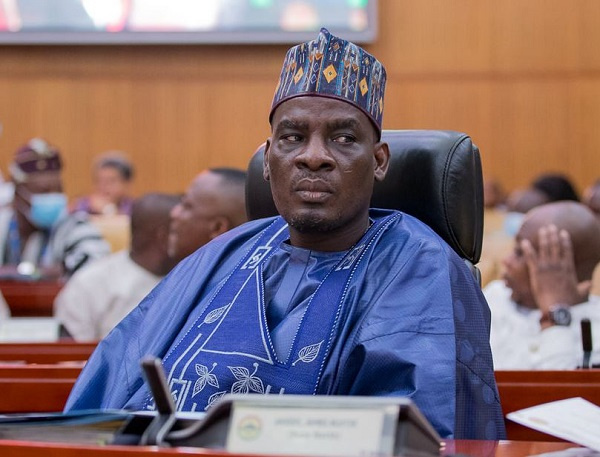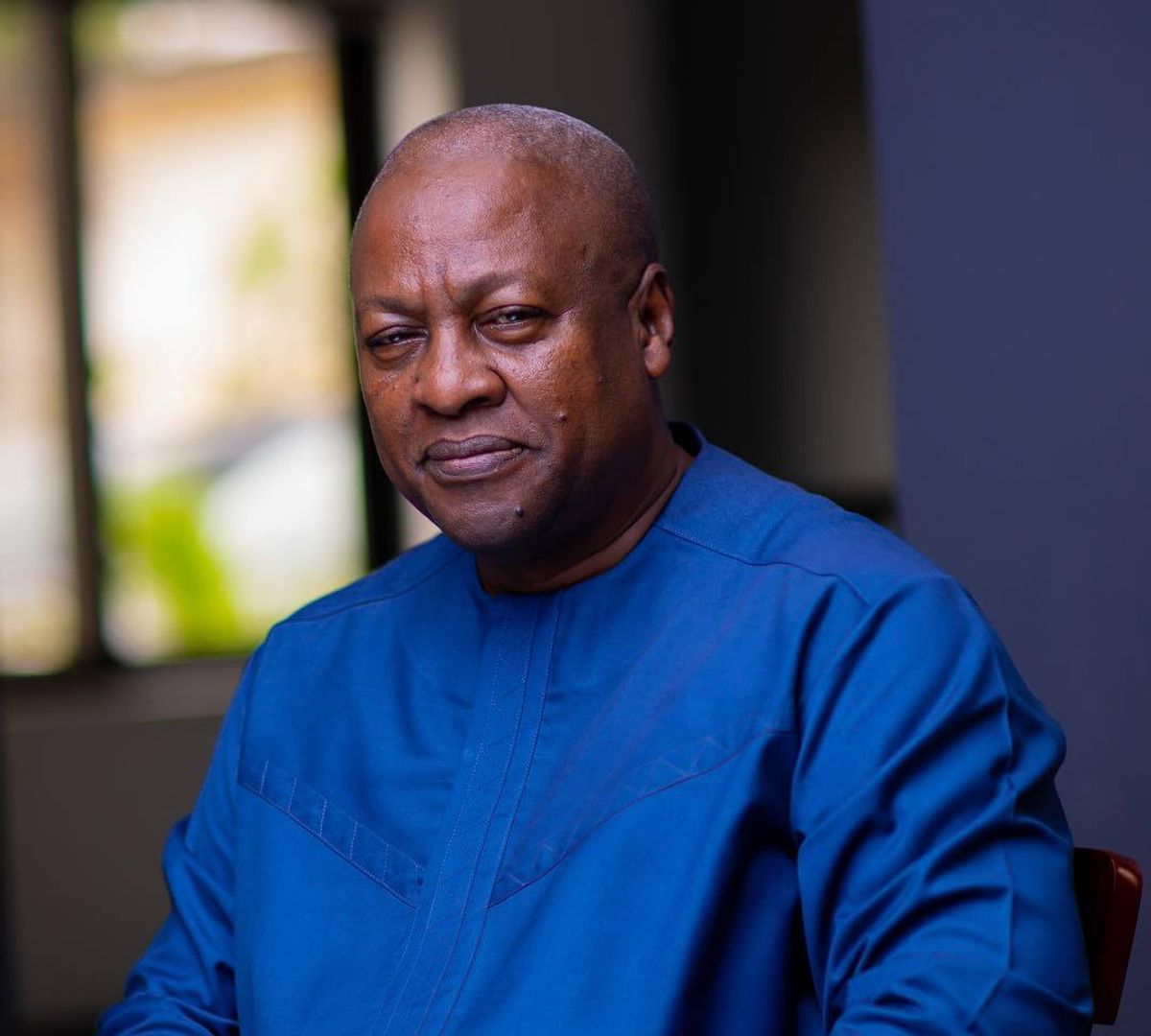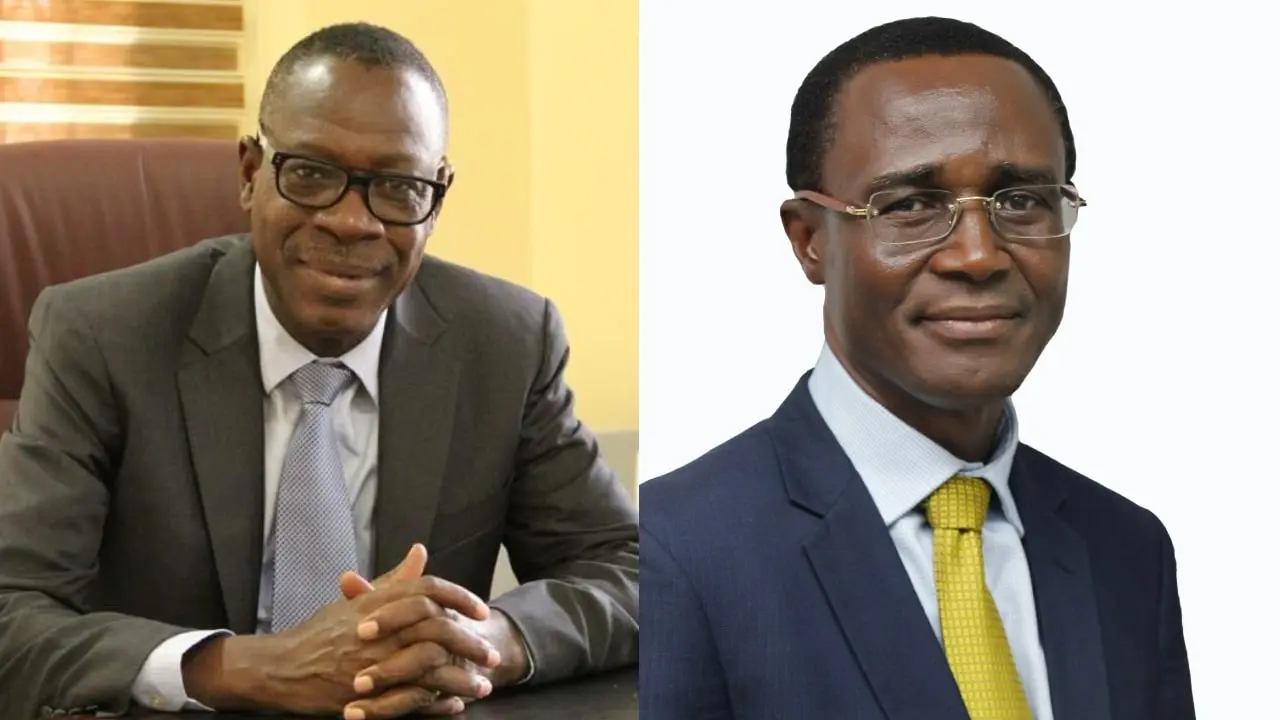Tamale South MP Haruna Iddrisu has accused the Office of the President in Ghana of hindering Parliament’s work. This follows an official letter to Parliament requesting the House to refrain from transmitting the Anti-LGBTQ+ Bill to the President. Iddrisu emphasized that the letter, reflects President Akufo-Addo’s “quest for predominance” over other state organs, including the legislature.
Threat to Democracy and Parliament
Iddrisu labeled this action as a monumental threat to Ghana’s democracy and Parliament as an institution. He highlighted that Parliament is vested with legislative authority by Article 93, stressing that the President’s interference undermines these principles.
Disregard for Parliamentary Procedures
Subsequently, the MP criticized the letter signed by the Secretary to the President. He described the letter by Nana Asante Bediatuo, as not following Parliament’s standing orders. He questioned the authority of the President’s secretary to write directly to the Clerk of Parliament instead of the President. As required by parliamentary procedures,, the president is the person allowed to write to parliament on such matters. Iddrisu called for the letter to be disregarded, stating that it should be ignored by the Clerk as the President must sign communications addressed to the Speaker of Parliament.
Presidential Request and Legal Challenges
The letter, signed by Nana Asante Bediatuo, requested Parliament to refrain from sending the Anti-LGBTQ+ Bill to President Akufo-Addo. This decision was based on pending applications for an order of interlocutory injunction before the Supreme Court. The Attorney-General advised the President against taking any action on the Bill until legal matters are resolved by the Supreme Court. However, Iddrisu argued that seeking an injunction does not equate to an injunction granted and emphasized that Parliament cannot be prevented from performing its lawful functions as the country’s legislature. The controversy surrounding the Anti-LGBTQ+ Bill in Ghana has sparked a clash between the Office of the President and Parliament. This has raised concerns about democracy, parliamentary procedures, and the separation of powers within the Ghanaian government.













